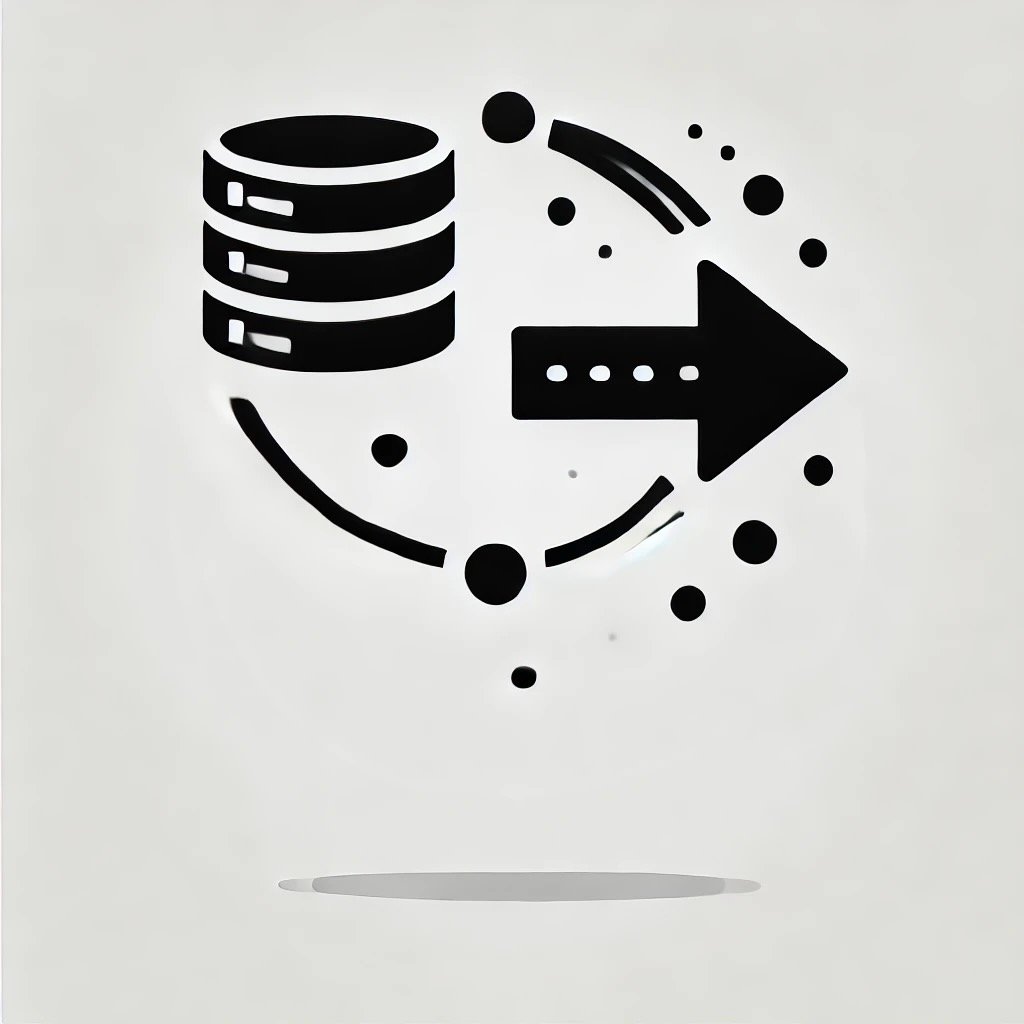Customizing Data Transformations with Laravel CastsAttribute

In Laravel, custom casts allow for tailored data transformations, extending built-in casting capabilities. This is especially useful for handling complex data types or incorporating custom business logic directly into your models.
Laravel provides the CastsAttributes interface, which defines two key methods:
• get: Transforms data when retrieved from the database.
• set: Transforms data before it is stored in the database.
Below is an example of creating a custom cast for handling arrays stored as comma-separated values in the database.
Implementing a Custom Cast: CommaSeparatedArray
Suppose we want to store a list of tags as a comma-separated string in the database, but work with it as an array in our application.
namespace App\Casts;
use Illuminate\Contracts\Database\Eloquent\CastsAttributes;
use Illuminate\Database\Eloquent\Model;
class CommaSeparatedArray implements CastsAttributes
{
public function get(Model $model, string $key, mixed $value, array $attributes): array
{
return explode(',', $value);
}
public function set(Model $model, string $key, mixed $value, array $attributes): string
{
// Converts the array into a comma-separated string
return implode(',', $value);
}
}
Using It in a Model
You can register the custom cast in the $casts array of your model to seamlessly handle the transformation:
namespace App\Models;
use Illuminate\Database\Eloquent\Model;
use App\Casts\CommaSeparatedArray;
class Post extends Model
{
protected $casts = [
'tags' => CommaSeparatedArray::class,
];
}
Example Usage
Here’s how you can use the tags attribute in your application:
$post = new Post();
// Saving an array of tags
$post->tags = ['laravel', 'php', 'development'];
$post->save();
// Retrieving the tags as an array
print_r($post->tags);
// Output: ['laravel', 'php', 'development']
In the database, the tags attribute is stored as a string like laravel,php,development, while your application interacts with it as an array.
This approach simplifies the handling of structured data while maintaining a clean and efficient database schema.